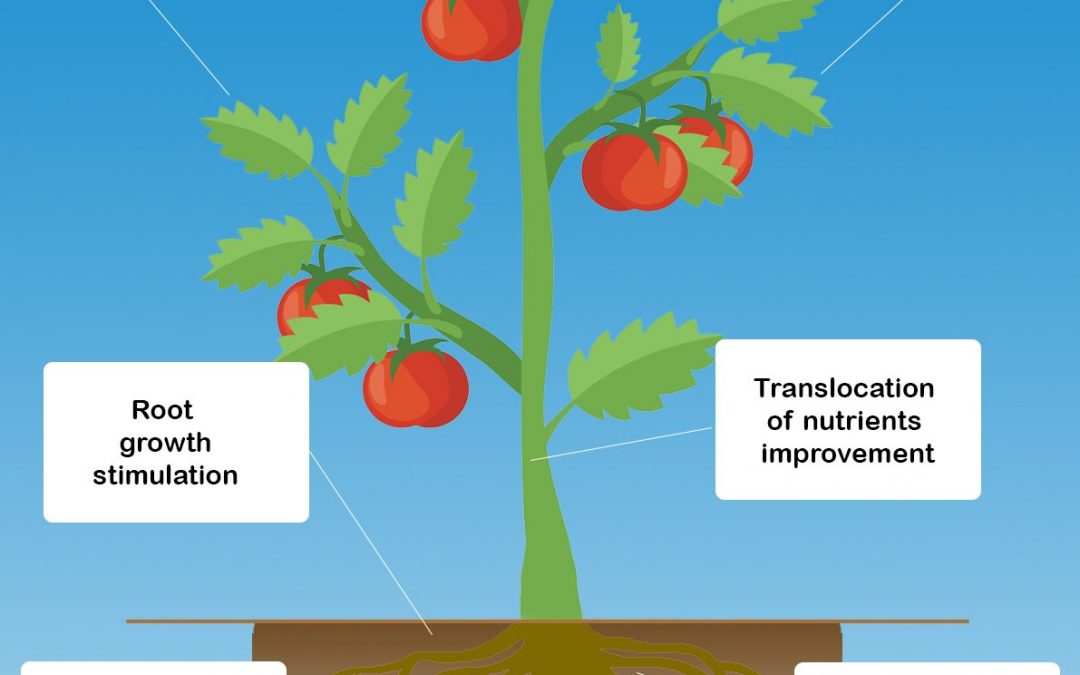
Les advantages des engrais organiques
Les advantages des engrais organiques

La fertilisation est essentielle en agriculture pour obtenir une production rentable et de qualité, assurant la santé et le bon développement des plantes.
La répétition des cultures, l’utilisation de produits chimiques, l’irrigation avec des eaux salines, entre autres causes, entraînent une perte de fertilité des sols agricoles, affectant gravement le rendement des cultures. Dans la plupart des cas, il sera nécessaire de fournir des engrais aux cultures en raison des besoins nutritionnels importants pour leur permettre de remplir leurs fonctions, en particulier les plus exigeantes pour la plante telles que la floraison, le caillage ou l’engraissement des fruits.
Pour récupérer les propriétés du sol, il faudra non seulement respecter les apports en macro et en micronutriments dans les cultures, mais aussi améliorer la teneur en matière organique du sol. Les processus d’extraction et de minéralisation des cultures diminuent les niveaux de matière organique, il est donc nécessaire de les remplacer.
Les engrais organiques proviennent de matières d’origine animale ou végétale et incorporent, outre l’apport d’éléments nutritifs aux plantes, des matières organiques.
L’augmentation de la capacité d’échange de cations, qui favorise l’assimilation des nutriments, est l’un des principaux avantages de l’utilisation d’engrais organiques. Par conséquent, avec ces apports de matière organique, nous allons permettre une plus grande disponibilité de micronutriments dans le sol (fer, manganèse, zinc, bore, etc.). Nous allons également améliorer la vie microbienne dans le sol, ce qui augmente la solubilité, l’assimilabilité des éléments et le développement des racines. À son tour, la structure du sol s’améliorera, augmentant la rétention d’eau et la disponibilité.
La gamme d’acides humiques et fulviques ADLER AGRO incorpore une teneur élevée en matière organique qui favorise l’augmentation de la fertilité du sol, améliore sa structure et facilite le développement ultérieur du système racinaire, ainsi que l’augmentation du taux de photosynthèse du la plante et l’assimilation des sucres et des vitamines. Tout cela se traduit par une amélioration générale de la culture, une réduction du stress des plantes et une augmentation de la productivité de la culture.






Recent Comments